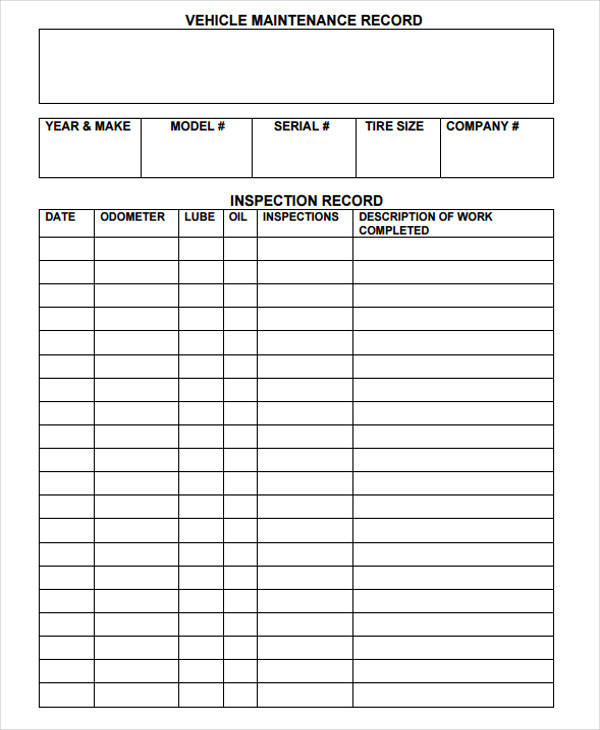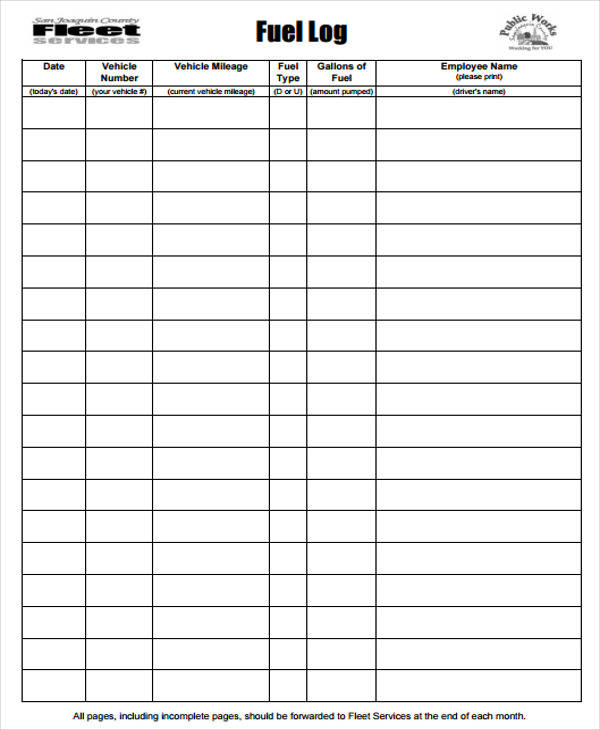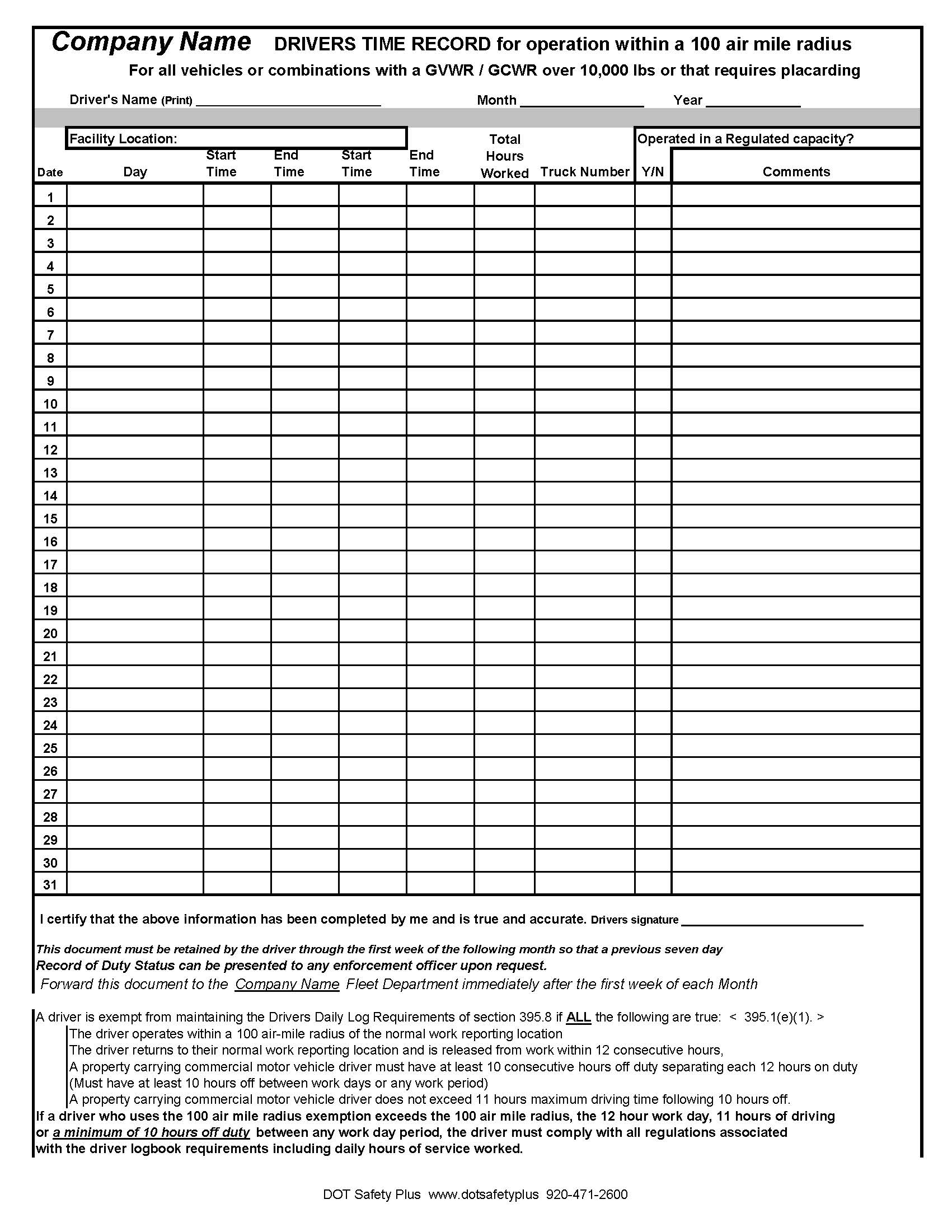

The Department of Transportation can provide further information on whether the driver must comply with electronic logging device use and rules.
#DOT LOGSHEET DRIVERS#
However, if livestock haulers travel beyond a 150-mile radius, they must keep a DOT log book.Īside from these exemptions, all drivers have to follow the FMCSA mandate and use a DOT electronic log. These operations are different from other shipments because they involve food products and/or livestock, which need special care and measures. An ELD on demand is acceptable for a driver who does not exceed 8 days of RODS in 30 days.

Violations like the ones mentioned above are found during roadside inspections, which can happen at any time and any place. HOS247 ELD is designed to track all compliance requirements and help truck drivers stay ahead of the curve and avoid penalties. The fines could cost from a few hundred to tens of thousands of dollars, so it is in the best interest of drivers and carriers to keep their ELD in check and record information correctly and on time.

#DOT LOGSHEET MANUAL#
Minor violations: not having the ELD manual at hand, not certifying the log, not entering information such as shipping documents or location descriptions manually → 1 point.Īdditionally, there are financial penalties for recording violations, which can vary depending on the type of violation, the possible consequences, or an attempt at fraud.Incorrect information, not reporting an electronic log malfunction, or not having the display screen visible from outside the vehicle → 5 points.Wrong recording method: non-registered ELD, automatic onboard recording device, or paper logs → up to 7 points.The score can be affected in many ways, and an ELD problem can affect the score in 22 different ways. Failing to comply with them can be extremely costly, both financially and professionally. To keep CSA scores well and good, drivers and carriers must DOT regulations to follow them without issues. A bad CSA score means insurance premiums could rise, and the overall trust in the company may decrease. Thus, the CSA score says something about how risky a carrier is. Based on compliance and accident records, CSA scores assign carriers a percentile from 1 to 100, meaning that 1 is the best mark and 100 is the worst.

CSA stands for Compliance, Safety, and Accountability.


 0 kommentar(er)
0 kommentar(er)
